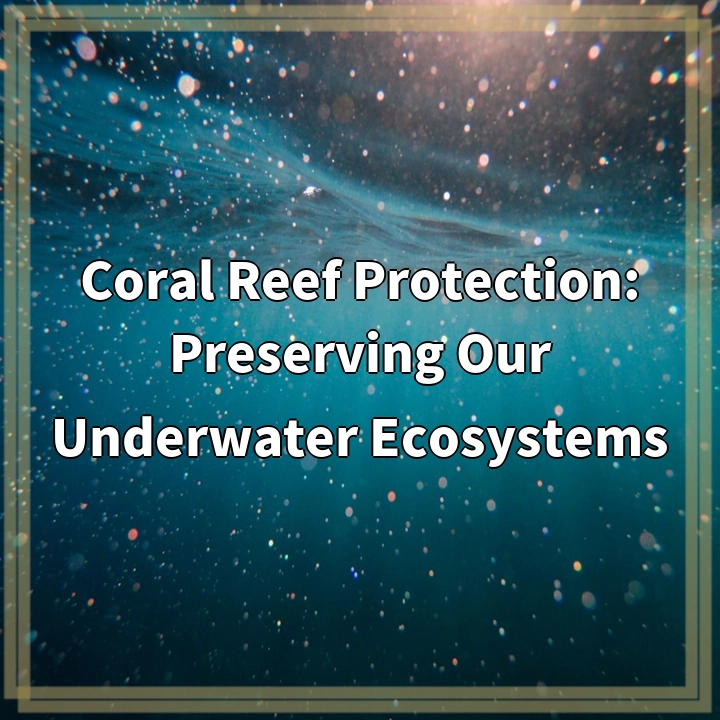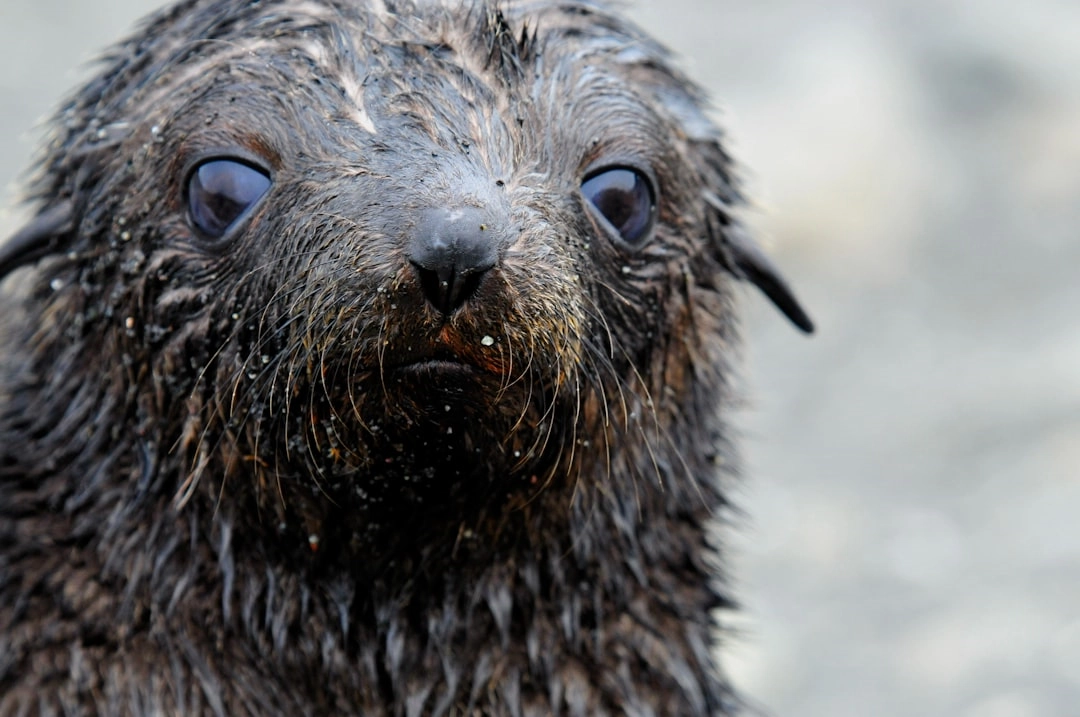
What it is:
Coral reef protection refers to the efforts and strategies employed to conserve and restore coral reefs, which are vital ecosystems teeming with biodiversity. Coral reefs are often called the “rainforests of the sea” due to their rich variety of marine life. These ecosystems provide numerous benefits, including coastal protection, tourism opportunities, and sources of food and income for millions of people worldwide. Protecting coral reefs is essential to maintaining their ecological balance and ensuring the survival of countless marine species.
Real-World Problems
Despite their importance, coral reefs face numerous threats that jeopardize their health and sustainability. Here are some of the most pressing real-world problems associated with coral reef degradation:
Climate Change
One of the most significant threats to coral reefs is climate change. Rising ocean temperatures lead to coral bleaching, a phenomenon where corals expel the colorful algae (zooxanthellae) that live symbiotically within them. This loss not only turns the coral white but also diminishes their ability to survive and reproduce. Prolonged bleaching events can result in widespread coral mortality, disrupting entire marine ecosystems.
Pollution
Coral reefs are highly sensitive to pollution from land-based sources. Agricultural runoff, industrial discharges, and plastic waste can introduce harmful chemicals and nutrients into the water, leading to algal blooms that choke corals and deplete oxygen levels. Additionally, sedimentation from coastal development reduces water clarity, preventing corals from receiving the sunlight they need for photosynthesis.
Overfishing
Overfishing and destructive fishing practices disrupt the balance of reef ecosystems. The removal of key species can lead to an overgrowth of algae, which competes with corals for space and resources. Furthermore, practices like blast fishing and cyanide fishing cause immediate physical damage to coral structures, exacerbating their decline.
Coastal Development
Urbanization and coastal development often encroach upon coral reef systems. Construction of resorts, ports, and infrastructure can lead to habitat destruction and increased runoff, further stressing these ecosystems. Mangrove deforestation, which typically serves as a buffer for corals, also contributes to their vulnerability.
Invasive Species
The introduction of invasive species can have detrimental effects on coral reefs. For example, the crown-of-thorns starfish preys on coral and can cause outbreaks that devastate coral populations. Controlling invasive species is essential for maintaining the health of coral ecosystems, but it can be challenging to manage effectively.

Solutions for Coral Reef Protection
Addressing the threats to coral reefs requires a multifaceted approach that combines community engagement, policy changes, and scientific research. Here are some effective solutions to protect and restore these vital ecosystems:
Mitigating Climate Change
Reducing greenhouse gas emissions is crucial to combat climate change and limit its impact on coral reefs. This can be achieved through transitioning to renewable energy sources, promoting energy efficiency, and implementing carbon reduction policies. Additionally, supporting international agreements like the Paris Agreement can facilitate global efforts to address climate change.
Pollution Control
Improving waste management systems and practices can significantly reduce pollution in coastal waters. Implementing regulations on agricultural runoff, promoting sustainable farming practices, and raising awareness about the impacts of plastic pollution are all essential steps. Restoration efforts, such as the creation of marine protected areas (MPAs), can also help shield coral reefs from pollution.
Sustainable Fishing Practices
Implementing sustainable fishing practices is vital for the health of coral reef ecosystems. This includes establishing fishing quotas, enforcing no-take zones, and promoting community-managed fisheries. Education and outreach programs can help local fishermen understand the importance of sustainable practices to maintain fish populations and coral health.
Coastal Zone Management
Adopting sustainable coastal development strategies can help minimize the impacts of urbanization on coral reefs. This includes implementing strict regulations on coastal construction, promoting responsible tourism practices, and establishing buffer zones to protect mangroves and coral from development-related stress.
Combating Invasive Species
Effective management of invasive species requires monitoring and rapid response efforts. Communities can work with local organizations and governments to implement eradication programs, educate the public about the impacts of invasive species, and promote practices that prevent their spread. Research into biological control methods can also be explored to manage outbreaks effectively.
Community Engagement and Education
Raising awareness about the importance of coral reefs and the threats they face is essential to garner public support for conservation efforts. Engaging local communities in conservation initiatives, such as reef restoration projects and citizen science programs, can foster a sense of ownership and responsibility. Education programs in schools and communities can help inspire the next generation to be stewards of marine ecosystems.















